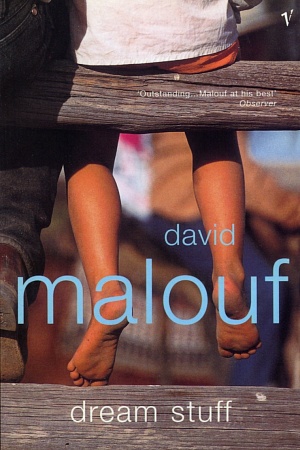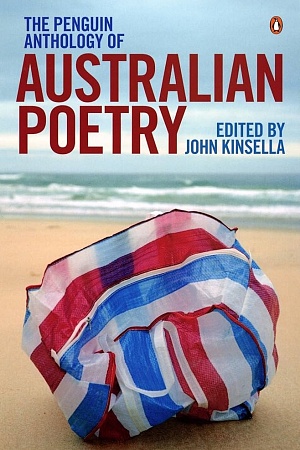An Imaginary Life
Chatto & Windus, $12.25 pb
An Imaginary Life by David Malouf
The title of David Malouf’s novel, An Imaginary Life, must be read three ways. Most obviously, the novel is an imaginative recreation of the last years of the life of the Roman poet, Publius Ovidius Naso (Ovid), who was exiled to a village on the Black Sea by the Emperor Augustus in the last century BCE. The life is imaginary because it imagines – most successfully – the circumstances of this exile.
Yet the interest of the novel is not primarily in this imaginary recreation. Indeed, the reader interested mainly in classical civilisation is likely to be disappointed, not because Malouf is ever less than accurate and convincing, but because his main interest is not in verisimilitude. Rather, he is interested in searching, through the imagination, for the elements which give life significance. Ovid’s exile cuts him from everything he has known and valued, and he is therefore left with what he can imagine, both of his own past and of the utterly strange life of the people among whom he now finds himself. His real life has finished, so he has left only the imaginary life.
Continue reading for only $10 per month. Subscribe and gain full access to Australian Book Review. Already a subscriber? Sign in. If you need assistance, feel free to contact us.














Leave a comment
If you are an ABR subscriber, you will need to sign in to post a comment.
If you have forgotten your sign in details, or if you receive an error message when trying to submit your comment, please email your comment (and the name of the article to which it relates) to ABR Comments. We will review your comment and, subject to approval, we will post it under your name.
Please note that all comments must be approved by ABR and comply with our Terms & Conditions.